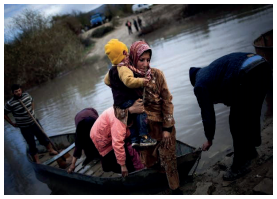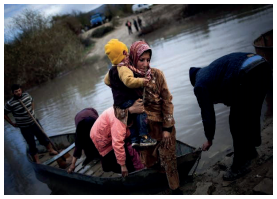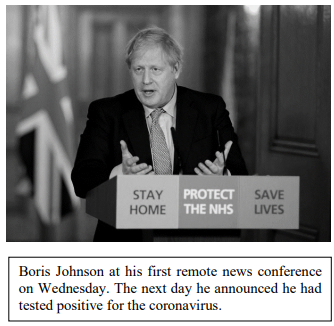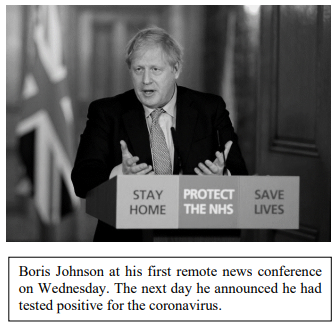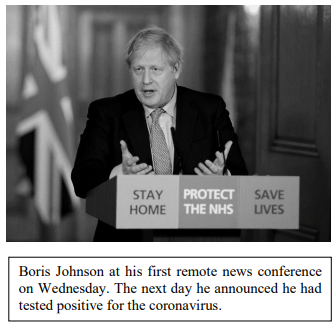Text 2
Home

No one leaves
home unless home is the mouth of a shark
you only run for the border
when you see the whole city running as well
Your neighbors running faster than you
breath bloody in their throats
the boy you went to school with
who kissed you dizzy behind the old tin factory
is holding a gun bigger than his body
you only leave homewhen
home won‘t let you stay.
No one leaves home unless home chases you
fire under feet
hot blood in your belly
it‘s not something you ever thought of doing
until the blade burnt threats into
your neck
and even then you carried the anthem under
your breath
only tearing up your passport in an airport toilet
sobbing as each mouthful of paper
made it clear that you wouldn‘t be going back.
You have to understand,
that no one puts their children in a boat
unless the water is safer than the land
no one burns their palms
under trains
beneath carriages (…)
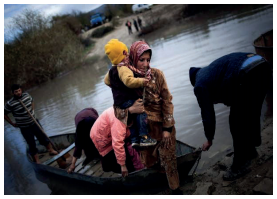
I want to go home,
but home is the mouth of a shark
home is the barrel of the gun
and no one would leave home
unless home chased you to the shore
unless home told you to quicken your legs
leave your clothes behind
crawl through the desert
wade through the oceans (…)
No one leaves home until home is a sweaty voice in your ear
saying –
leave,
run away from me now
I dont know what I‘ve become
but I know that anywhere
is safer than here.
By Warsan Shire. Disponível em: https://www.facinghistory.org/educator-resources/current-events/many-faces-global-migration#8 Excertos. Acesso em: set. 2020.




